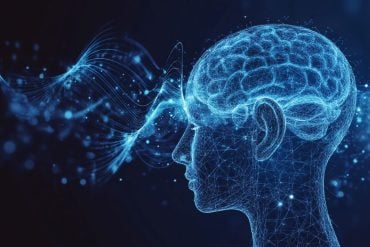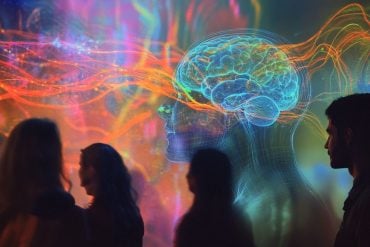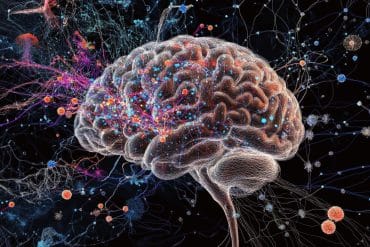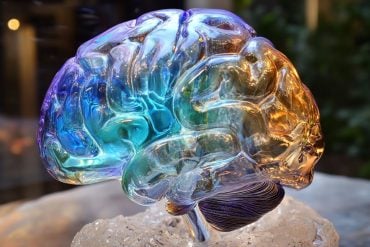A new study reports humans are less concerned about inequity to others.
Strongly influenced by their self-interest, humans do not protest being overcompensated, even when there are no consequences, researchers in Georgia State University’s Brains and Behavior Program have found.
This could imply that humans are less concerned than previously believed about the inequity of others, researchers said. Their findings are published in the journal Brain Connectivity. These findings suggest humans’ sense of unfairness is affected by their self-interest, indicating the interest humans show in others’ outcomes is a recently evolved propensity.
It has long been known that humans show sensitivity when they are at a disadvantage by refusing or protesting outcomes more often when they are offered less money than a social partner. But the research team of physics graduate students Bidhan Lamichhane and Bhim Adhikari and Brains and Behavior faculty Dr. Sarah Brosnan, associate professor of psychology, and Dr. Mukesh Dhamala, associate professor of physics and astronomy, reports that, contrary to expectations, humans do not show any sensitivity when they are overcompensated. They conclude that humans are more interested in their own outcomes than those of others.
“A true sense of fairness means that I get upset if I get paid more than you because I don’t think that’s fair,” Brosnan said. “We thought that people would protest quite a bit in the fixed decision game because it’s a cost-free way to say, ‘This isn’t fair.’ But that’s not what we saw at all. People protested higher offers at roughly the same rate that they refused offers where they got more, indicating that this lack of refusal in advantaged situations may not be because of the cost of refusing. It may just be because people don’t care as much as we thought they did if they’re getting more than someone else.”
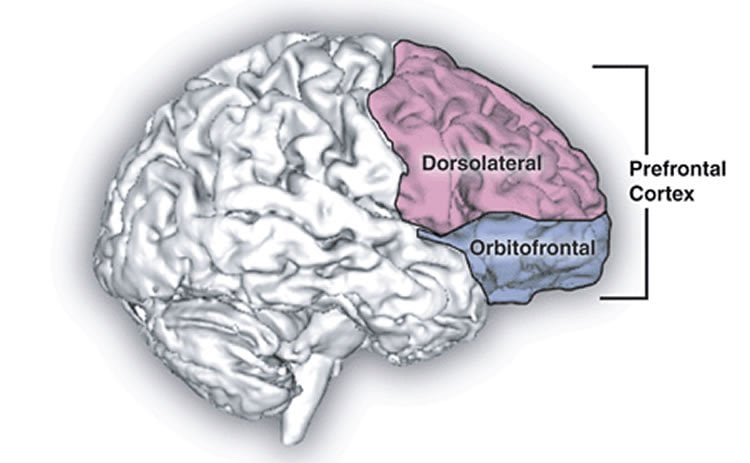
The researchers also used functional magnetic resonance imaging (fMRI) to study the underlying brain mechanisms from 18 participants, who played three two-person economic exchange games that involved inequity in their favor and not in their favor. Overcompensated offers triggered a different brain circuit than undercompensated offers and indicate that people may be responding to overcompensation as if it were a reward. This could explain the lack of refusals in this unfair situation, researchers said.
Each game involved three offers for how $100 would be split: fair (amount between $40 to $60), unfair-low (disadvantageous to the subject, amount between $0 to $20) and unfair-overcompensated (advantageous to the subject, amount between $80 to $100). Participants played 30 rounds of each game and earned about two percent of the total amount from the games.
In the first two games, the subject received an offer for how much money they would receive and were then asked whether they wanted to reject or accept it. In the Ultimatum Game, if the responder rejected the offer, neither player received any money, leading to a fair outcome. In the Impunity Game, if the subject rejected the offer, only he or she lost the payoff, meaning the outcome was even more unfair than the offer. The subject got nothing, but the partner still got their proposed amount. In the Fixed Decision Game, the subject could choose to protest or not protest the offers, but this didn’t change the outcome for either player. This allowed subjects to protest offers without an associated cost.
The blood-oxygen level dependent signals of the brain were recorded by an MRI scanner as participants played the games. The results of brain response provided new insights into the functional role of the dorsolateral prefrontal cortex and related networks of brain regions for advantageous inequity and protest.
A network of brain regions consisting of the left caudate, right cingulate and right thalamus had a higher level of activity for overcompensated offers than for fair offers. For protest, a different network, consisting of the right dorsolateral prefrontal cortex, left ventrolateral prefrontal cortex and left substantia nigra, came into play. The researchers also mapped out how the brain activity flow occurred within these networks during decision-making.
The study was funded by a grant from the Brains and Behavior Program at Georgia State.
Contact: LaTina Emerson – Georgia State University
Source: Georgia State University press release
Image Source: The image is credited to Natalie M. Zahr, Ph.D./Edith V. Sullivan, Ph.D/NIH and is in the public domain
Original Research: Abstract for “The Neural Basis of Perceived Unfairness in Economic Exchanges” by Mr. Bidhan Lamichhane, Mr. Bhim Mani Adhikari, Dr. Sarah F Brosnan, and Dr. Mukesh Dhamala in Brain Connectivity. Published online August 4 2014 doi:10.1089/brain.2014.0243



